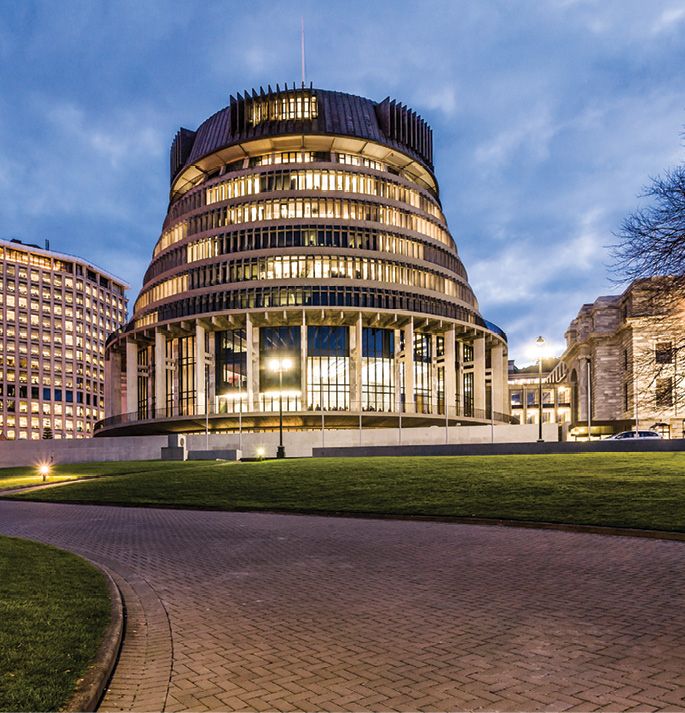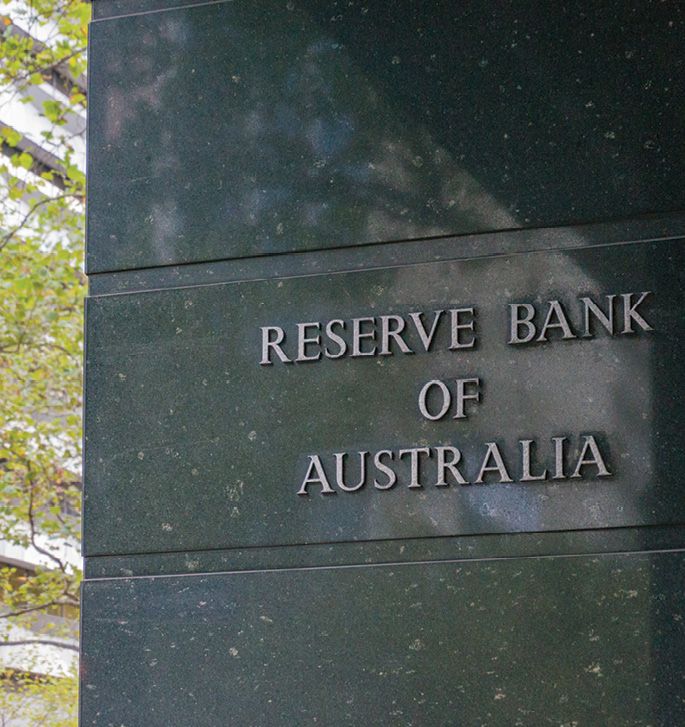
Union only pay rise
Non union teachers are angry that they will have to wait three months to get the pay rises that the government has offered to union members.
New Zealand Ministry of Education has confirmed that the proposed pay increases would take effect from 1 July for union members, but not until three months later for teachers who don’t belong to the unions. Union members, but not non union members, would also get $1500 one-off payments on 1 July.
Teachers who belong to the two unions, the NZ Educational Institute (NZEI) and the Post Primary Teachers’ Association (PPTA), will start voting this week on whether to accept the new offer, which would lift the top of the teachers’ basic salary scale from $78,000 to $90,000 by July 2021.
But Justin Lindsay, who is philosophically opposed to unions, said the three-month delay in the pay rise for non union members is unprecedented and unfair. “We are the teachers who would like to see performance pay and individual contracts,” he said.
NZEI president Lynda Stuart said union members had fought for the pay increases and deserved to reap the rewards. “They have done the hard yards and they actually deserve to see union benefits from acting collectively,” she said. (Source: NZ Herald)











































































































































